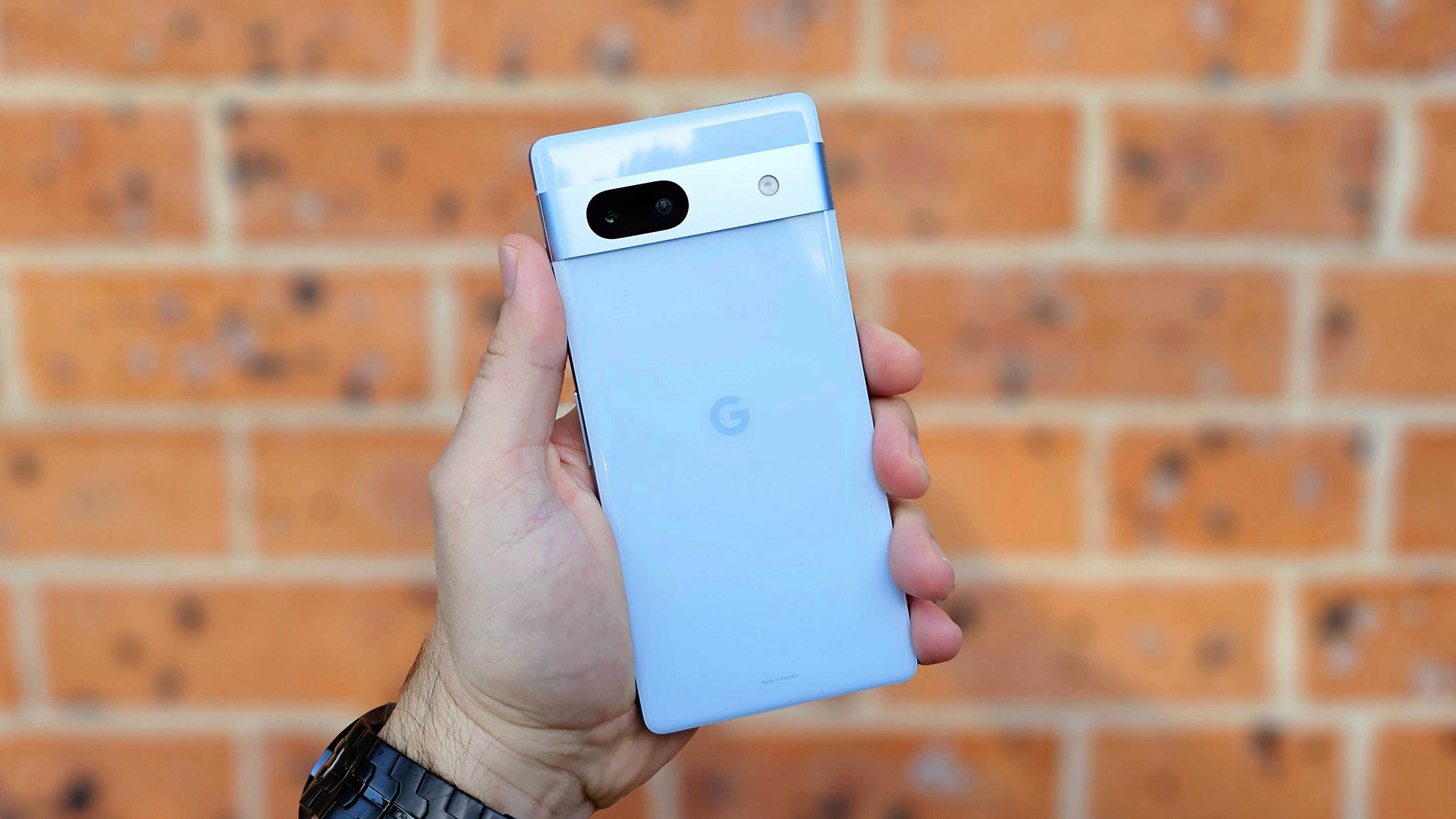
The Google Pixel 7a is one of the best cheap phones, offering a myriad of features including those powered by Google’s Tensor G2 chipset. But while the Pixel 7a’s chipset is officially the same as that found in the Pixel 7 and Pixel 7 Pro, it sounds like not all Tensor G2s have been created equally.
It turns out that the Pixel 7a’s chip may be slightly worse than the one that appeared in the latest Google flagships — a difference seemingly discovered by Twitter leaker Kamila Wojciechowska. Apparently, the Pixel 7a uses an IPOP-variant of the G2 chip, while the rest of the Pixel 7 family uses Samsung’s FOPLP-POP technology.
While researching for one of the Google Pixel 8 articles I found something interesting: it turns out that the Pixel 7a uses a different, possibly slightly worse version of the Tensor G2 than the Pixel 7! 🧵June 19, 2023
But what exactly does that mean, and does it really matter in the long run?
The difference all comes down to how the chip is packaged, with IPOP seemingly being Google’s in-house package. According to Wojciechowska this was likely to help reduce costs, and results in a packager that is larger, thicker and runs hotter than the package found in the Pixel 7 and Pixel 7 Pro — made by Samsung.
This change has seemingly been in the works since around January 2022, with Google branching off Tensor G2 development into two separate device trees. It’s not clear how much cheaper such a move would be, but it’s not like big companies to throw money away like that. Especially on lower-cost products.
It’s not clear how much of a difference this chip might make on the Pixel 7a’s performance. Wojciechowska notes she can’t tell whether Google compensated for the IPOP package’s shortcomings, in terms of heat and loss of performance. And the fact the Pixel 7 and 7a are so fundamentally different as devices means working out how performance is affected by the two chip variants is nigh-on impossible without needing clarification from Samsung or Google.
But does it matter? The Tensor G2 has never been a paragon of power and efficiency, certainly not compared to the likes of the Snapdragon 8 Gen 2 or the Apple A16 Bionic. Instead Google’s focus has been on improved machine learning and AI, better computational photography capabilities, alongside improved security — aided by the Titan M2 chip.
Plus it’s not all that surprising that the Pixel 7a might be slightly worse off than the Pixel 7. That comes as part of the mid-range phone package, after all. Fortunately if the prospect of slightly worse performance puts you off the Pixel 7a, be sure to keep your eyes open for any Pixel 7 deals that may pop up in the run-up to the launch of the Google Pixel 8.
We saw the phone drop down to $349 earlier this year, and with Prime Day coming there’s always the chance it could happen again. Or, at the very least, drop so close to the Pixel 7a’s $449 price tag that it’s worth paying extra for.







